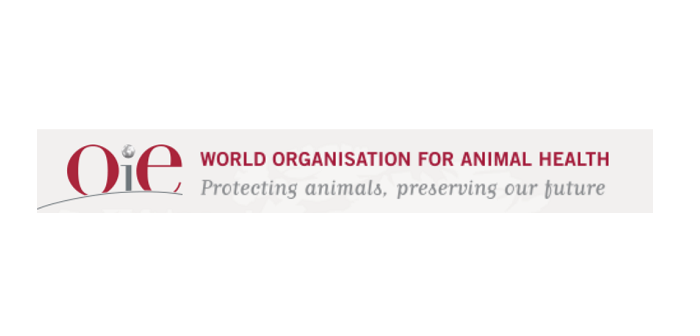More than 110 countries, evaluated by the World Organisation for Animal Health (OIE), do not yet have relevant legislation concerning appropriate conditions for the importation, manufacture, distribution and use of veterinary products, including antimicrobials.
“In some cases, legislation is totally non-existent,” said OIE, whose evaluation covered the national animal health systems, including veterinary services, of more than 130 countries.
“Where legislation does exist it is very often not properly applied because of lack of public funds for the implementation of controls.
“In such countries, antimicrobials are usually freely available to anyone, directly or indirectly, without restriction. Worse still, they circulate as normal goods and are often adulterated (dosage less than that mentioned on the packaging, different molecule or complete placebo).
“Thousands of tonnes of adulterated antimicrobials destined for use in animals are circulating worldwide and the same is true of antimicrobials for human use.”
OIE’s evaluation, published in a blog on the organisation’s website, also reveals that the use of antimicrobials in animals by untrained personnel is not confined to developing and emerging countries.
“In a significant number of member countries of the Organisation for Economic Co-operation and Development (OECD), it is easy to acquire antimicrobials, particularly via the internet,” states the report. “Some of these countries still allow the use of some antimicrobials on fruit trees to control certain bacterial diseases, as well as the incorporation of some antimicrobials into animal feed as growth promoters or for other non-therapeutic purposes.”
OIE concluded that political action, for example by the G8 countries or the World Trade Organization, could help to persuade countries which don’t have proper systems, to change these practices, moving away from an approach which many credible scientists believe is “risky”.




